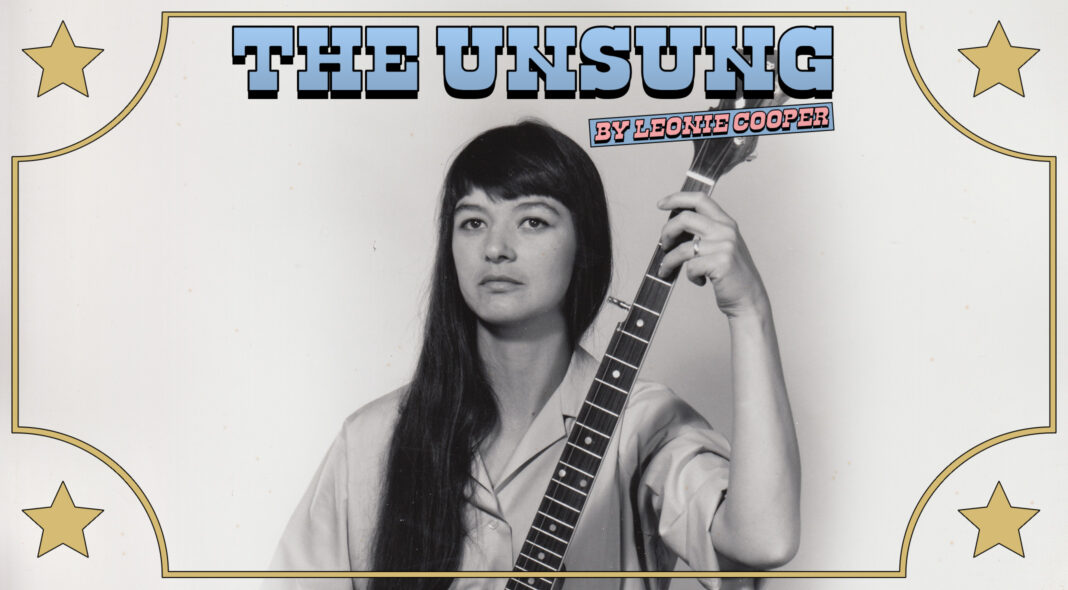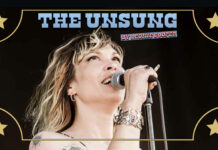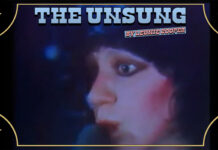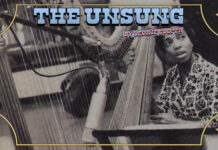You don’t forget Karen Dalton’s voice in a hurry. A quivering, quavering thing that veers tirelessly between strength and vulnerability, for the past 60 years it has sat in an enduring sour spot between folk and the blues, haunting you long after you’ve heard it. “With Karen Dalton, there’s a demand made on the listener – it’s not background music,” explains Nick Cave in Karen Dalton: In My Own Time, a new documentary about the music industry outcast. “Whether you like it or not, you have to enter her world and it’s a despairing world. It’s a dark world.”
He’s not wrong. Born into poverty just before the outbreak of WWII, Karen Dalton was raised in post-depression Oklahoma. With Irish and Cherokee heritage, Dalton’s family were victims of small-town racism and by the time she was 21, Karen had two children and had been divorced twice. Yet rather than letting this hold her back, she was committed to pursuing her dream of making music – though entertaining a crowd was a different matter entirely.
Moving herself to New York to play music in the folk tradition that she was raised, she arrived in Greenwich Village at just the right time, as bohemian types flooded the underground bars of the city. One of the rare working-class voices in the coffeehouse scene, Karen covered the songs of others, singing traditional ballads in a voice that recalled Billie Holiday at her most fragile. Bob Dylan quickly became a fan, calling her “funky, lanky and sultry”, and she almost ended up becoming a member of the band that would become the Mamas and The Papas, but ended up falling out with bandleader John Phillips after only a few rehearsals because the sound of the group was far too pop for Karen’s taste.
Such fame wouldn’t have suited Karen anyway. With a confrontational attitude that went against the ‘girl singer’ folk stereotype, Karen Dalton didn’t play nice and the film digs into her dual personalities, which were exacerbated by addiction issues that ran throughout her short life.
Karen Dalton’s debut album, ‘It’s So Hard to Tell Who’s Going to Love You the Best’, came out in 1969 and saw her covering the likes of Fred Neil, Jelly Roll Morton, Lead Belly and Tim Hardin. The sessions were plagued with arguments with the headstrong Karen regularly disagreeing with producer Nick Venet. A sumptuous, but largely stripped back album with Karen leading the charge on her 12-string guitar and long-necked banjo, it sits in sharp contrast to her second – and last – album, 1971’s ‘In My Own Time’. Recorded for Woodstock Festival promoter Michael Lang’s brand new label, Just Sunshine Records, it’s a wild and whirling concoction of soul, jazz and folk, with Karen’s unique voice floating eerily over the top. It contains her finest moment, opening track, ‘Something On Your Mind’ as well as the moody ‘Katie Cruel’, which links Karen to everyone from the Carter Family to Gillian Welch.
Despite the rave responses to the record 50 years after its release, it flopped at the time and so did Karen’s interest in making anything as stuffy as an album ever again. After travelling back and forth between New York and a bucolic farmhouse in Boulder, Colorado with horses, children and lovers in tow, Karen seemed to fade even further into obscurity, her self-destructive habits becoming ever more overpowering until she passed away at the age of 55 from AIDS-related complications.
Karen Dalton: In My Own Time is screening as part of Doc N Roll Festival.







